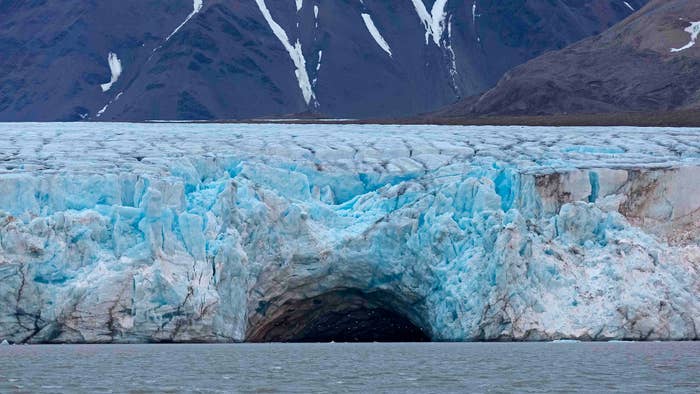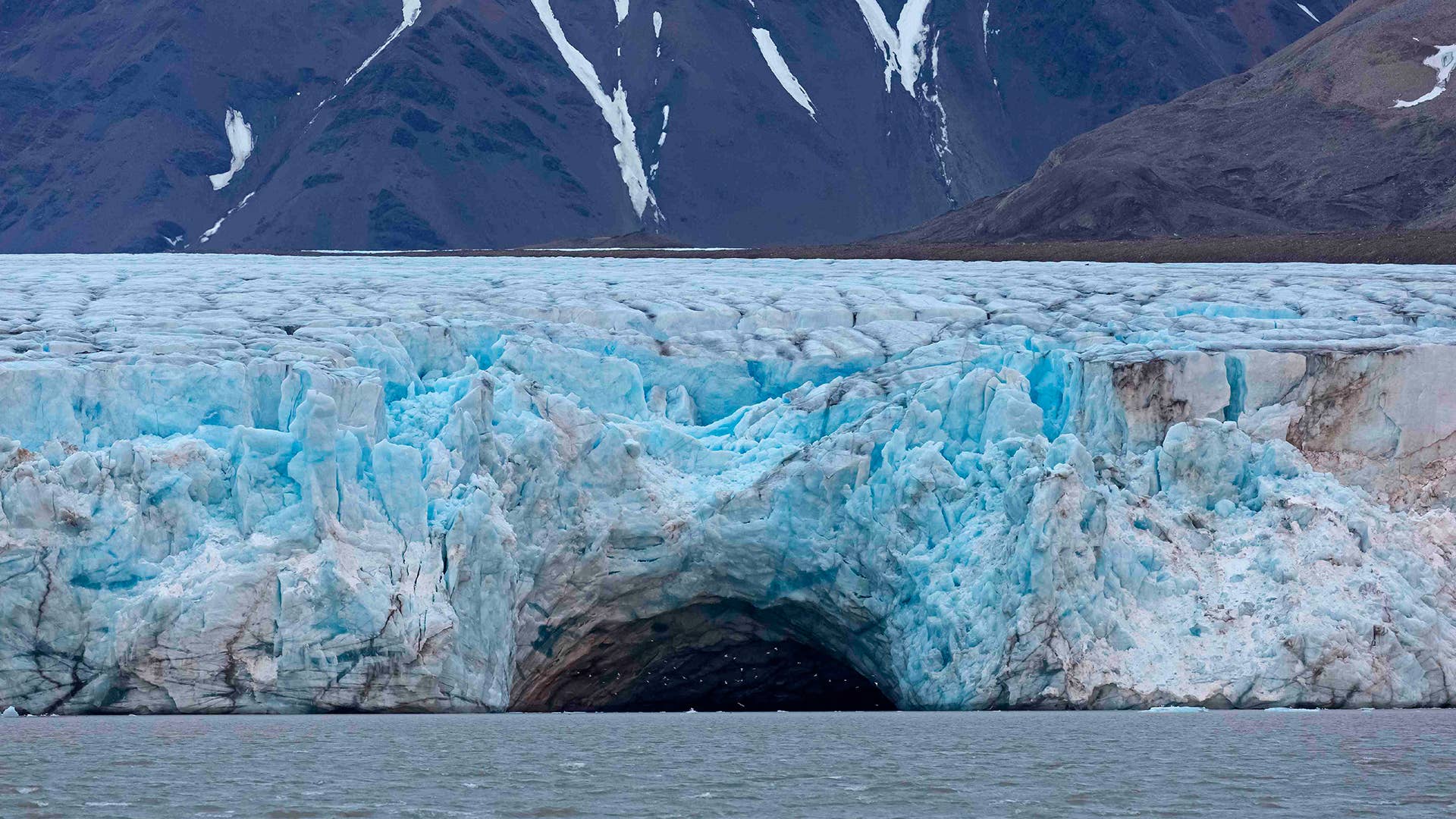
Researchers and scientists have expressed concern after the main nursery of Arctic sea ice in Siberia has failed to freeze at the latest date on record.
The Guardian reports that the annual freeze in the Laptev Sea has yet to happen, and it's in part because of a strangely warm month for October in northern Russia. Another reason for the delayed freeze is the intrusion of Atlantic waters, prompting climate scientists to warn of further effects across the region. On average, ocean temperatures around the Arctic sea in Siberia are around 5 degrees celsius (roughly 9 degrees fahrenheit) above average. The overall ocean temperature's rise is due to a record-breaking heatwave this year, which resulted in an earlier than usual decline of winter's sea ice.
As of right now, there's a record amount of open sea in the Arctic due to the late freeze. Even by this time last year the ice had begun to freeze, while in 2017 it froze even earlier. "The lack of freeze-up so far this fall is unprecedented in the Siberian Arctic region," said Colorado State University postdoctoral researcher Zachary Labe. "2020 is another year that is consistent with a rapidly changing Arctic. Without a systematic reduction in greenhouse gases, the likelihood of our first ‘ice-free’ summer will continue to increase by the mid-21st century."
Climate change obviously has had a big impact on the Arctic, pushing Atlantic currents into the Arctic as air temperatures also continue to rise. Due to the currents and the air temperature, the sea has failed to form ice by the latest point since recording started in 1979.
"It is more frustrating than shocking," added sea ice physics specialist Dr. Stefan Hendricks. "This has been forecast for a long time, but there has been little substantial response by decision-makers."

